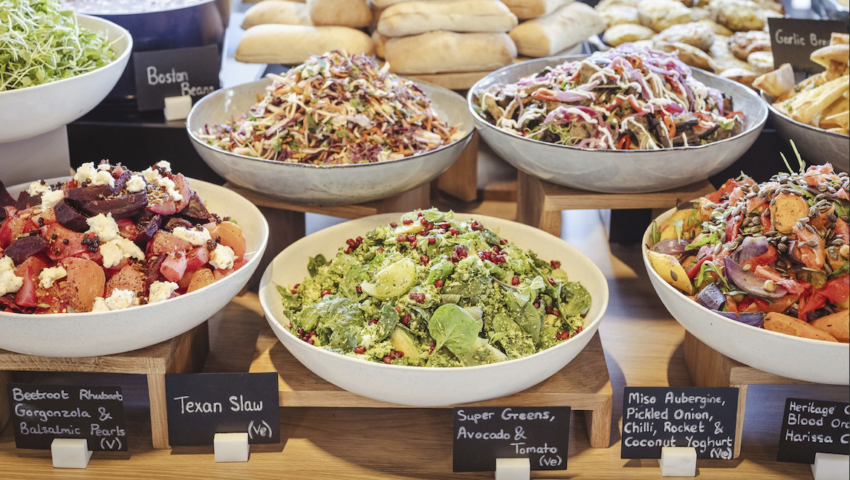Blogs
Prebiotics and Probiotics

Maintaining a healthy gut is essential for overall well-being, and incorporating prebiotics and probiotics into your diet can be a game-changer. These nutrients work together to support your digestive health, enhance nutrient absorption, and even boost your mood.
But what exactly are prebiotics and probiotics, and how do they differ?
Probiotics
Probiotics are the beneficial bacteria that live in your gut, helping maintain a healthy balance in your digestive system. Probiotics directly add to the population of “friendly” gut bacteria, which balance the gut microbiome, fight off harmful bacteria, and support overall health. They travel through your digestive system and are eventually excreted from the body.
Sources include such as yoghurt, kefir, kimchi, tempeh, and miso
Prebiotics
Prebiotics are high-fibre foods that feed the good bacteria in your gut, helping them flourish and maintain a healthy digestive environment. Prebiotics are types of fibre that the human body can’t digest, serving as food for probiotics and other beneficial organisms. Without prebiotics, probiotics wouldn’t thrive, as prebiotics pass through the digestive tract and feed the gut bacteria, helping them grow and multiply.
Sources include garlic, onions, chicory root, leeks, asparagus, bananas, and whole grains
Health Benefits of Prebiotics and Probiotics
-
Improved gut health
-
Better digestion- helping us break down our food more efficiently.
-
Enhanced nutrient absorption
-
Supports our immune system
-
Can help lower the risk of chronic diseases
-
Helps to improve mood and cognitive function
Tips to add more Prebiotics and Probiotics to your diet
-
Gradually Introduce: Start slowly to allow your digestive system to adjust to these new foods.
-
Choose Whole Foods: Opt for fruits, nuts, seeds, beans, pulses, and vegetables to minimise processed food intake.
-
Variety is Key: Aim for 30 different plant-based foods a week to ensure a diverse intake of nutrients and prebiotics
-
Combine Foods: Pair prebiotics and probiotics for enhanced benefits. For example, add banana to your yoghurt or use kefir instead of yogurt.
-
Explore New Foods: Try different fermented foods like kefir, kimchi, and sauerkraut, or make your own pickles or kombucha at home
-
Stay Hydrated: Drink at least 6-8 glasses of water daily to support nutrient absorption.
-
Mind Your Timing: Consume probiotic foods on an empty stomach or with minimal interference from other foods and drinks. For instance, avoid having a hot beverage immediately after consuming probiotics.
Future of gut health
The field of gut health is rapidly evolving. New products like kefir protein drinks and overnight oats with added probiotics are hitting the market, offering convenient and tasty ways to support your digestive system. As research continues, our understanding of gut health and its impact on overall wellness will only grow, leading to more innovative solutions.
In summary, by making small, consistent changes and being mindful of what you consume, you can significantly improve your gut health and overall well-being.
Further reading recommendations:
A guide to probiotics and prebiotics: how do they differ?
What are prebiotics and probiotics and are they important for health?
Listen to Charlotte in this great podcast as she talks to Mark from Biotiful about why both pre and probiotics are benefical to your overall health and easy ways these can be added to your diet.




